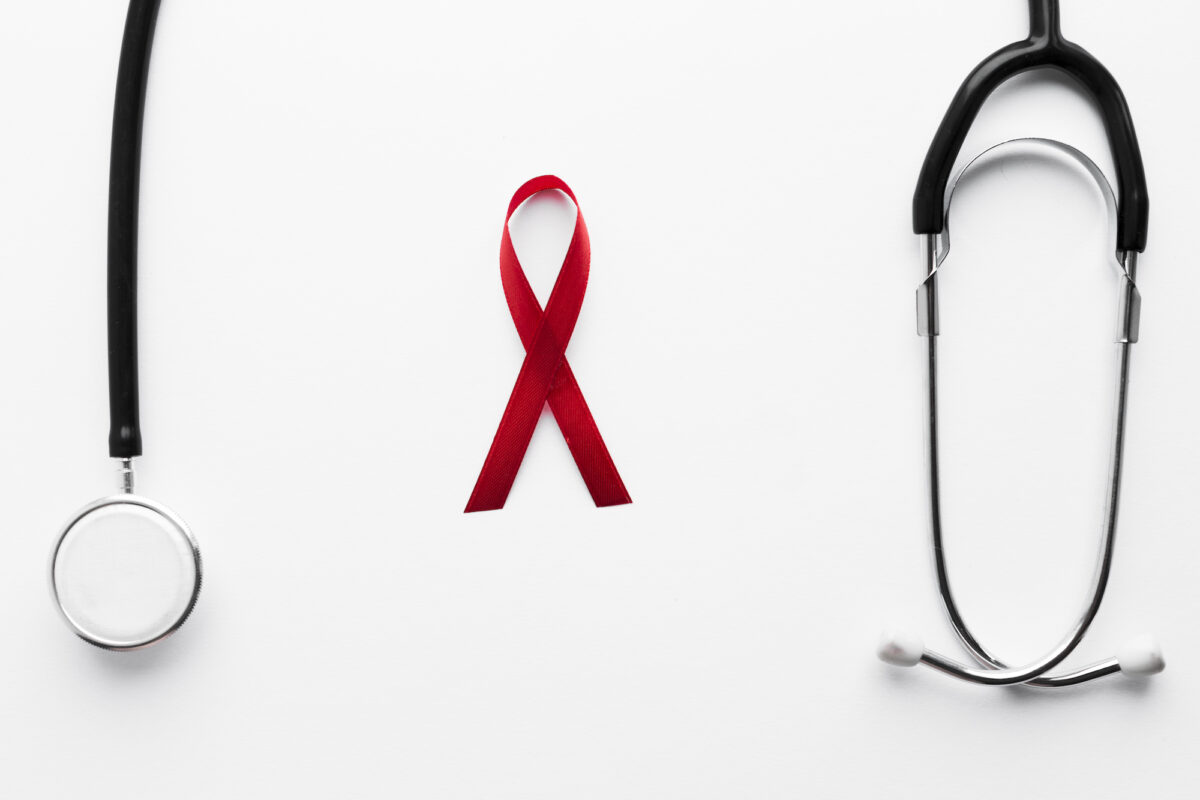Several laws in the Republic of North Macedonia govern the right to privacy of patient’s medical records and information, which are given special consideration in data protection laws. However, in some cases, patients’ HIV status is disclosed, which can have a significant impact on their social lives and violate their right to privacy and family life.
Scarlet Letter: “HIV+”
In November 2022, the patient, a person living with HIV, visited the Clinic for Plastic and Reconstructive Surgery, where he was scheduled to undergo surgical intervention for the third time in six years. During the consultations, the patient informed the anesthesiologist and the surgeon that he had been diagnosed with HIV a year ago, that he was taking antiretroviral medications, and that his virus level was undetectable. Such information did not prevent the surgeon from performing the surgery, and he was scheduled for surgery the following month. There were 15 people in the operating room on the day of the surgery, and the anesthesiologist told the patient that he was supposed to notify them about his HIV status, which he had previously done.
During his stay at the Clinic, the patient was subjected to stigmatizing and unprofessional behavior from medical professionals, particularly medical nurses. “HIV+” was written in bold and red letters on his patient documents, including his medical history and temperature list. This was not standard practice, and as a result, all of the other six patients in the same room learned about his HIV – status. Additionally, the nurses warned the young doctors to be “extra careful” with the patient and to “not touch” him.
REAction and outcome
The patient agreed for the Association «Stronger Together» to send a letter to the Clinic’s director outlining the facts of the situation and the legal provisions that had been broken. Following the delivery of the letter, representatives of the Association met with the Director and several Clinic employees, who stated that they required more information about the patient because they did not recall a patient living with HIV being admitted to the Clinic. Following the sharing of such information, another meeting was held at which the employees acknowledged the accuracy of the patient’s claims and apologized to the Association and the patient. The head nurse told the representatives of an internal meeting, where she informed the personnel of their responsibilities as physicians. The Association and the Clinic agreed to work together to educate young doctors about HIV and the social implications of an HIV diagnosis on patients, by signing a Memorandum of Understanding. The first workshop resulting from the Memorandum was held in early June of this year.
Also read:
Shielding the Innocent: Human Trafficking in Bosnia and Herzegovina
Discrimination against HIV-positive prisoners in Kazakhstan: Barriers to resocialization


